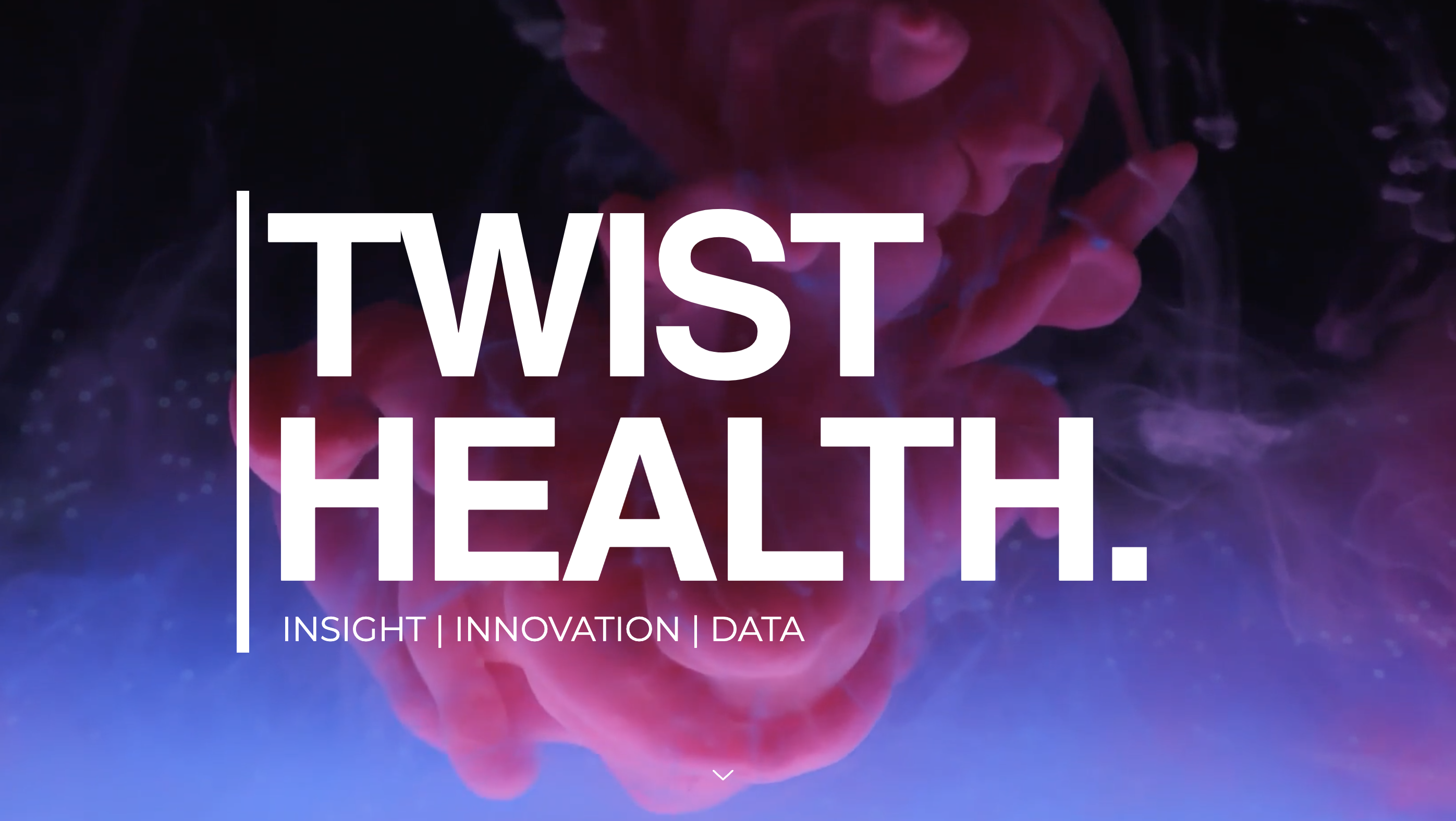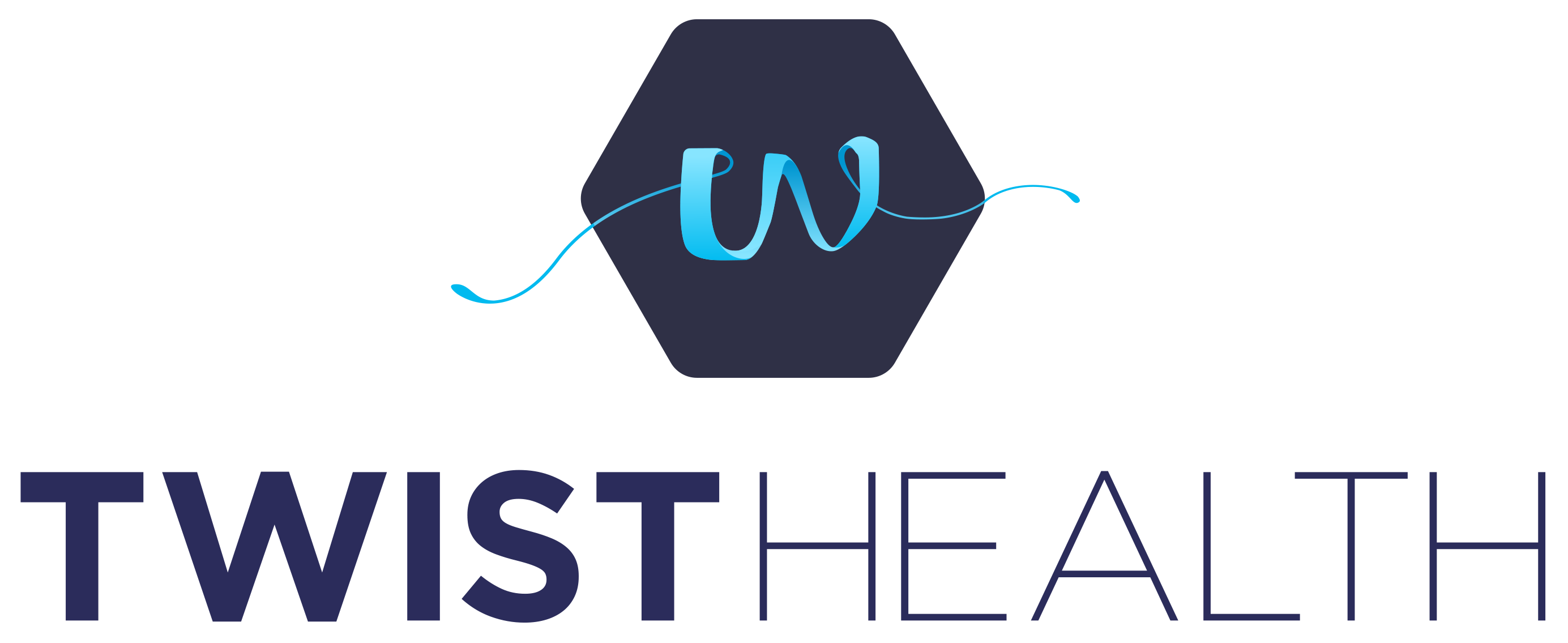

Twist Health Ltd

Hampshire, United Kingdom
April 2023
Technology-based support services
Service with Minor Environmental Footprint
France,
Germany,
India,
Italy,
Portugal,
Spain,
United Kingdom
Not just another healthcare communications agency. We are a collection of award winning industry experts focusing on bringing the very best pharmaceutical marketing and engagement solutions to our clients. We solve real healthcare problems, in the real world, using insight, innovation and data. Insight. We focus on finding out what the environmental healthcare issues are that are impacting our patients and HCPs. We do this through cutting edge market research techniques that give us unparalleled insights in to the healthcare landscape. Innovation We don't just look for the problems, we identify how we can strategically solve them for our clients. We don't believe in a 'carbon copy' approach to marketing. Twist develop bespoke and measurable solutions that strategically deliver on your pharmaceutical challenges pre and post launch. Data. Twist have a team of Real World Evidence and data specialists who work with our pharma clients to solve their data and insight challenges. Twist make sense of data, and support teams across pharma to interpret and understand the healthcare landscape in accessible ways.
Overall B Impact Score
Governance 18.6
Governance evaluates a company's overall mission, engagement around its social/environmental impact, ethics, and transparency. This section also evaluates the ability of a company to protect their mission and formally consider stakeholders in decision making through their corporate structure (e.g. benefit corporation) or corporate governing documents.
What is this? A company with an Impact Business Model is intentionally designed to create a specific positive outcome for one of its stakeholders - such as workers, community, environment, or customers.
Workers 41.3
Workers evaluates a company’s contributions to its employees’ financial security, health & safety, wellness, career development, and engagement & satisfaction. In addition, this section recognizes business models designed to benefit workers, such as companies that are at least 40% owned by non-executive employees and those that have workforce development programs to support individuals with barriers to employment.
Community 19.0
Community evaluates a company’s engagement with and impact on the communities in which it operates, hires from, and sources from. Topics include diversity, equity & inclusion, economic impact, civic engagement, charitable giving, and supply chain management. In addition, this section recognizes business models that are designed to address specific community-oriented problems, such as poverty alleviation through fair trade sourcing or distribution via microenterprises, producer cooperative models, locally focused economic development, and formal charitable giving commitments.
Environment 8.1
Environment evaluates a company’s overall environmental management practices as well as its impact on the air, climate, water, land, and biodiversity. This includes the direct impact of a company’s operations and, when applicable its supply chain and distribution channels. This section also recognizes companies with environmentally innovative production processes and those that sell products or services that have a positive environmental impact. Some examples might include products and services that create renewable energy, reduce consumption or waste, conserve land or wildlife, provide less toxic alternatives to the market, or educate people about environmental problems.
Customers 3.5
Customers evaluates a company’s stewardship of its customers through the quality of its products and services, ethical marketing, data privacy and security, and feedback channels. In addition, this section recognizes products or services that are designed to address a particular social problem for or through its customers, such as health or educational products, arts & media products, serving underserved customers/clients, and services that improve the social impact of other businesses or organizations.